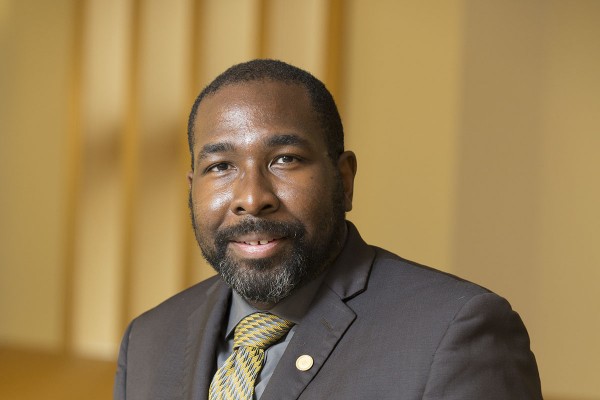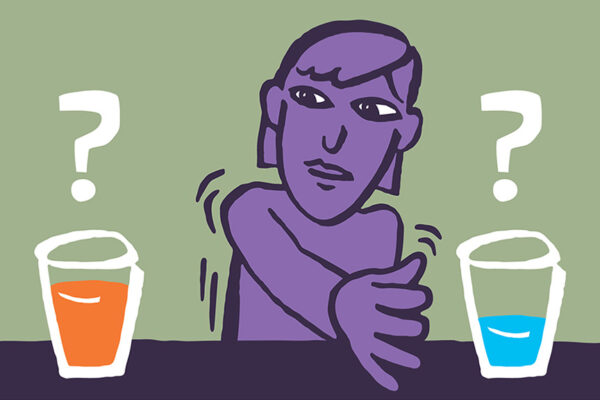“My grant got rejected. I failed. So I’m saying it on Twitter. I don’t want sympathy. I just wish people would say stuff like this on Twitter.”
Celia McKee, a doctoral student studying neuroscience at Washington University in St. Louis, had no idea those 140 characters would mean so much to so many. A whopping 225,500 users liked McKee’s post, and 15,000 shared her words with their followers.
“I think it struck a chord because we all just wish people would be honest about their failures,” McKee said. “The thing about social media is that people only talk about their successes. And why not? It’s exciting; it means you’re special. But it also doesn’t reflect reality.”
McKee studies circadian astrocyte biology in the lab of Erik S. Musiek, MD, associate professor in neurology at the School of Medicine. Last winter, she applied for a National Research Service Award from the National Institutes of Health (NIH). McKee thought her odds were pretty good and was crestfallen when her application was rejected.
But she soon learned she is not alone. One after another, her new followers revealed their own failures. One poster shared: “So many rejections in my life. Schools, fellowships, publications. So many. It hurts a little less every time, but it always hurts. Good for you for saying it out loud.” Another wrote: “Wow you mean normalizing rejection and failure and not attaching it to your self worth? What a revolutionary idea, I hope people do start saying things like this more often on social media in general!”
“I liked reading other people’s failure stories because it gave me a lot of perspective I didn’t know I needed,” McKee said. “I also liked the commiseration messages where people talked about their ‘resumes of failure,’ where they would keep track of their failures, not just the grants they did or did not get, but all the ways in which we fail, from getting into the college we want or getting a job that we want or publish an article in the journal we want.”
In the era of COVID-19, rejections keep piling up — jobs are lost, relationships are broken. Many of us are struggling with remote learning and social isolation.
“No one really wants to see a false front, especially right now,” McKee said. “People want to hear that we are all going through the same thing. We all need honesty.”


